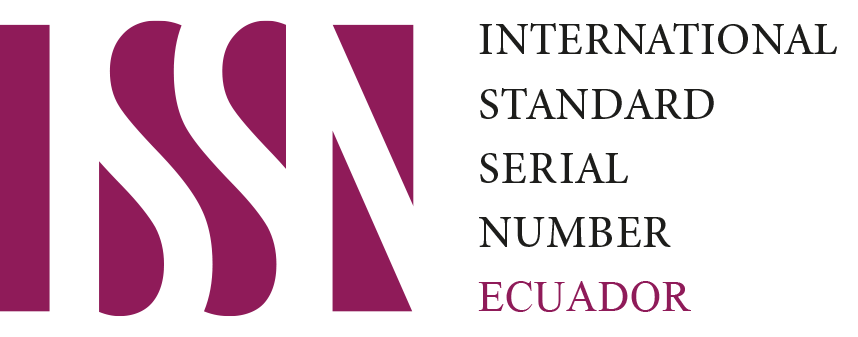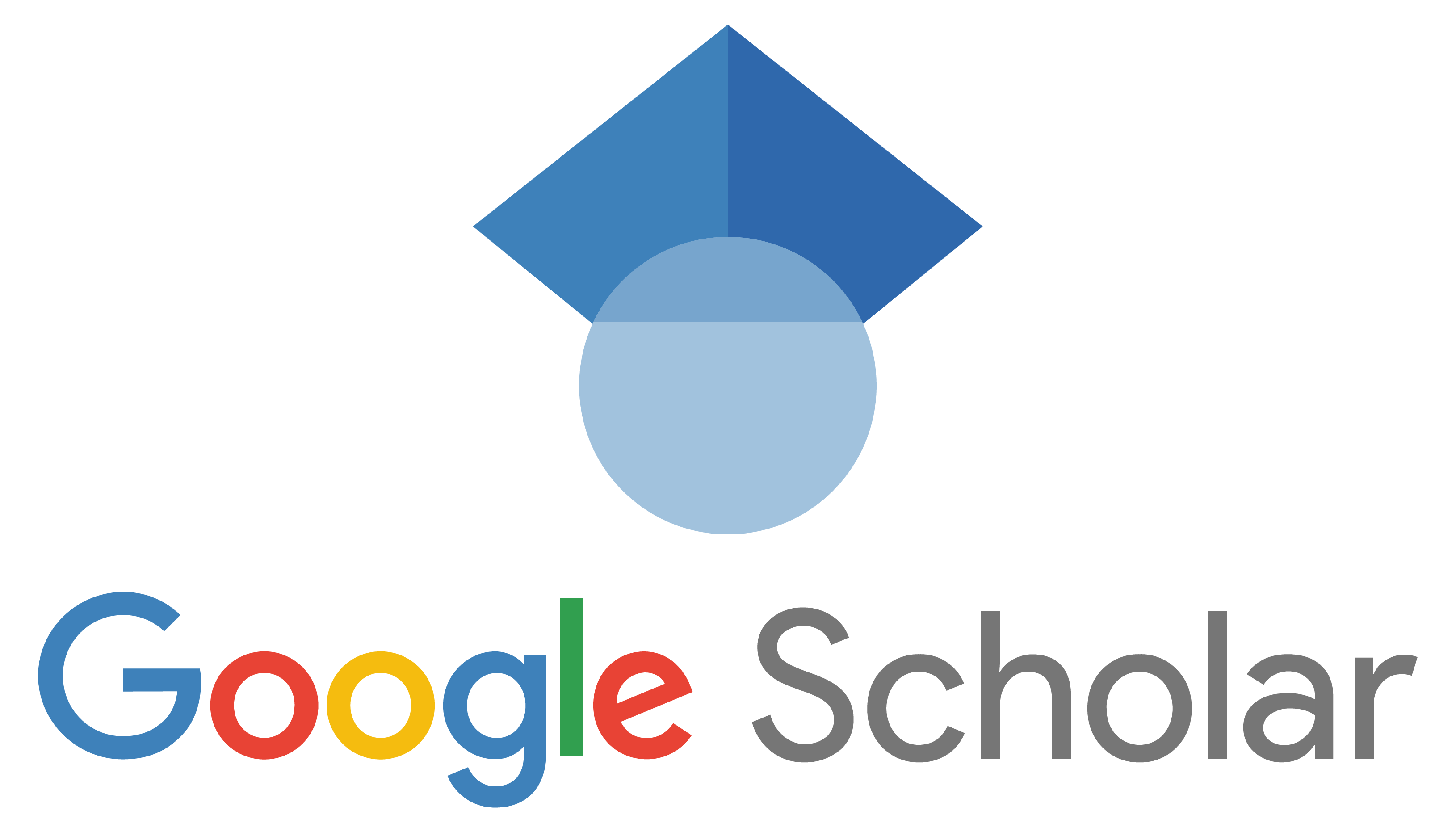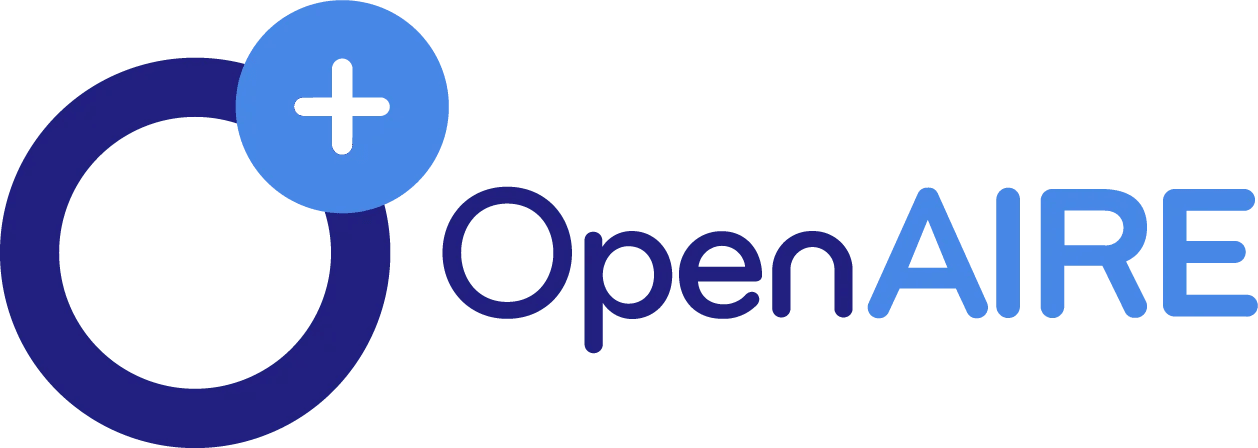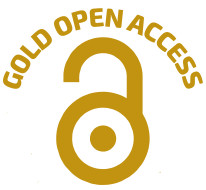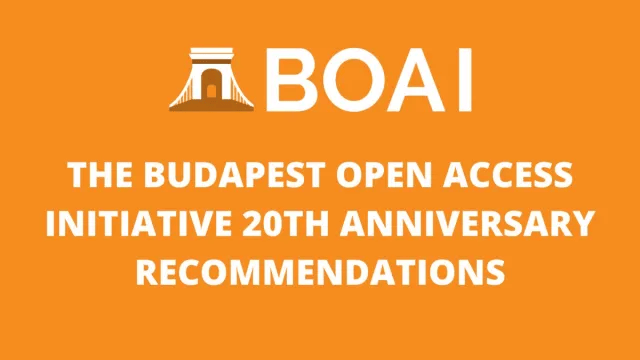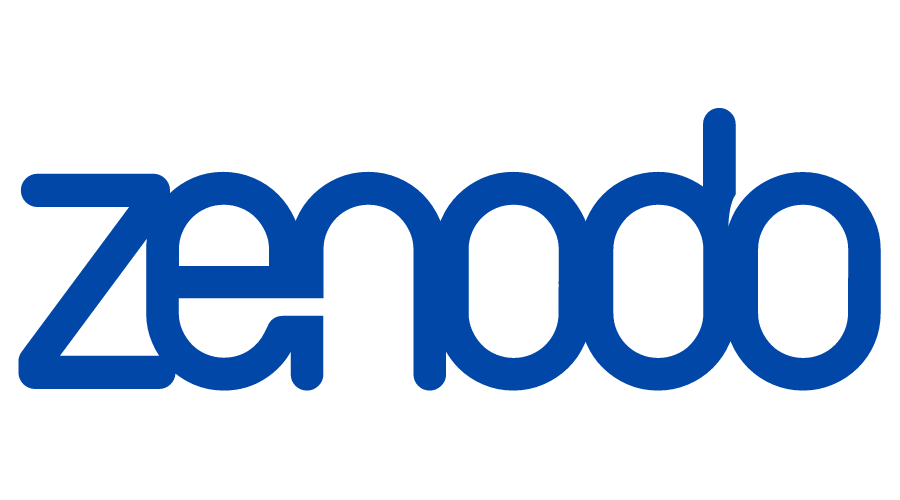 |
Plagiarism detection policy
The Journal of Food Science and Gastronomy is committed to ensuring the originality and integrity of published works. Therefore, all submitted manuscripts will undergo a plagiarism detection process before being sent for peer review. This policy applies to all types of articles.
- Plagiarism detection tool
Manuscripts will be analyzed using Plag, a specialized software for similarity detection, to identify potential cases of plagiarism or self-plagiarism. The journal will not accept similarity levels above 20%. PapersOwl offers a completely free online plagiarism checker and supports various file formats. Authors are encouraged to use this tool to review their manuscripts before submitting them to the journal.
- Authors' responsibility
Authors must ensure that their manuscripts are original and have not been previously published in other journals or platforms. Additionally, any content from other sources must be properly cited.
- Types of detected plagiarism
- Total plagiarism: Presenting someone else’s work as one’s own without modifications.
- Self-plagiarism: Significant reuse of the author's previous work without proper citation.
- Partial plagiarism: Copying sections or ideas without crediting the original sources.
- Actions in case of plagiarism
If plagiarism is detected during the editorial process, the manuscript will be immediately rejected. If plagiarism is detected after publication, the article will be formally retracted.




